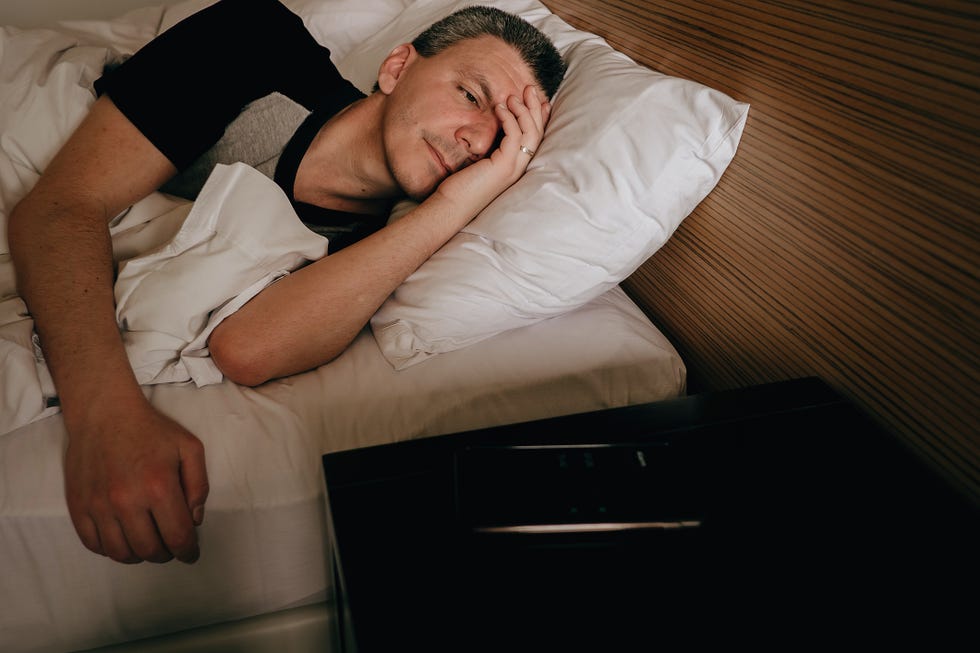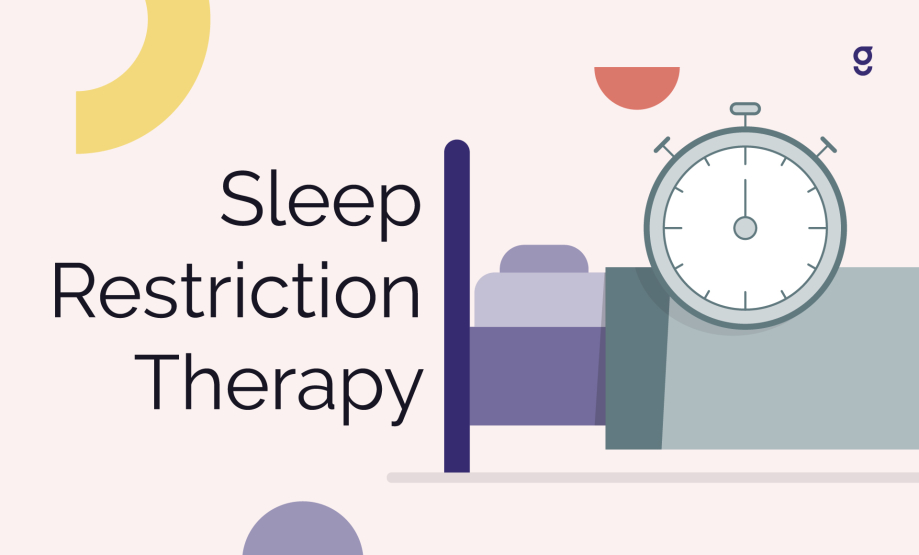Innovative Insomnia Solutions - Find What Functions for You
Innovative Insomnia Solutions - Find What Functions for You
Blog Article
Reliable Therapy Solutions for Handling Sleep Disorders and Enhancing Restful Rest
In the world of health care, the administration of sleep disorders and the pursuit for peaceful sleep are pivotal parts of general well-being. Reliable treatment services provide a diverse technique to deal with these challenges, varying from cognitive behavior interventions to alternative methods that advertise relaxation and mindfulness. The exploration of numerous techniques, consisting of the integration of medication and light treatment, opens a realm of opportunities in the search of much better rest quality. As we navigate the complex landscape of rest disorders and seek to boost our sleep experience, a deeper understanding of these treatment remedies may hold the trick to unlocking a much more rejuvenating and satisfying restorative journey.
Cognitive Behavior Treatment for Sleeping Disorders (CBT-I)
Cognitive Behavior Modification for Sleeplessness (CBT-I) is an organized, evidence-based therapy strategy that concentrates on addressing the underlying factors adding to rest disruptions. This kind of treatment aims to customize habits and thoughts that exacerbate sleeping disorders, eventually promoting healthy sleep patterns. CBT-I normally entails numerous crucial parts, consisting of cognitive therapy, sleep restriction, stimulus control, and rest hygiene education and learning.
Cognitive treatment assists individuals identify and transform unfavorable thought patterns and beliefs concerning rest that may be hindering their ability to fall or remain asleep. Rest constraint entails limiting the quantity of time invested in bed to match the person's real rest period, thereby boosting rest efficiency (sleep improvement therapy). Stimulation control methods aid develop a strong association in between the bed and sleep by encouraging people to go to bed just when sleepy and to stay clear of taking part in boosting activities in bed
In addition, sleep health education concentrates on establishing healthy and balanced sleep behaviors, such as preserving a consistent sleep timetable, producing a relaxing going to bed routine, and maximizing the rest environment. By addressing these variables thoroughly, CBT-I offers a reliable non-pharmacological treatment for handling insomnia and enhancing total sleep high quality.
Rest Health Practices
Having established the structure of cognitive restructuring and behavioral adjustments in resolving sleeping disorders with Cognitive Behavioral Therapy for Sleeping Disorders (CBT-I), the emphasis currently shifts towards checking out essential Sleep Hygiene Practices for maintaining optimal sleep quality and overall well-being.
Rest hygiene techniques incorporate a variety of routines and environmental factors that can substantially influence one's capacity to go to sleep and stay asleep throughout the night. Consistent sleep and wake times, producing a relaxing going to bed regimen, and maximizing the rest atmosphere by keeping it dark, peaceful, and cool are critical parts of good sleep hygiene. Limiting exposure to screens before bedtime, avoiding stimulants like high levels of caffeine near going to bed, and taking part in normal exercise throughout the day can also promote better rest top quality.
Moreover, practicing leisure methods such as deep breathing exercises or reflection prior to bed can help relax the mind and prepare the body for sleep. By incorporating these rest health methods right into one's everyday routine, individuals can develop a healthy rest pattern that sustains restful rest and general well-being.
Leisure Techniques and Mindfulness
Applying relaxation techniques and mindfulness techniques can play a critical duty in fostering a sense of calmness and advertising top quality rest. In addition, guided imagery can help carry people to a calm place in their minds, aiding in tension reduction and enhancing sleep high quality.
Mindfulness methods, such as reflection and yoga exercise, are additionally reliable in advertising leisure and enhancing sleep. Mindfulness motivates individuals to stay present in the moment, releasing bother with the past or future. By incorporating these practices into a bedtime routine, people can signal to their bodies that it is time to prepare and unwind for rest. On the whole, incorporating leisure methods and mindfulness practices can substantially add to managing rest problems and improving overall rest top quality.

Medication Options for Sleep Disorders
After checking out leisure strategies and mindfulness techniques as non-pharmacological treatments for improving sleep quality, it is important to take into consideration medication options for individuals with sleep conditions. In situations where way of living changes and therapy do not supply sufficient relief, medication can be an important device in handling sleep disturbances.
Frequently recommended drugs for sleep disorders consist of benzodiazepines, non-benzodiazepine hypnotics, antidepressants, and melatonin receptor agonists. Antidepressants, such as trazodone, can be helpful for individuals with co-occurring clinical depression and rest disturbances - insomnia solutions.
It is critical for individuals to talk to a health care service provider to establish the most ideal medicine alternative based on their details sleep problem and case history.
Light Treatment for Circadian Rhythm Law
Light therapy, additionally referred to as photo-therapy, is a non-invasive treatment technique made use of to regulate circadian rhythms and boost sleep-wake cycles. This therapy includes direct exposure to bright light that simulates all-natural sunlight, which assists to reset the body's body clock. By exposing individuals to details wavelengths of light, usually in the early morning or evening discover here depending upon the preferred result, light therapy can successfully readjust the circadian rhythm to promote wakefulness throughout the day and boost relaxing sleep during the night.
Study has shown that light treatment can be especially beneficial for individuals with body clock problems, such as postponed rest phase syndrome or jet lag. It can also be valuable for those experiencing seasonal affective problem (SAD), a sort of depression that usually happens throughout the wintertime months when all-natural light direct exposure is lowered. Light therapy is typically well-tolerated and can be used in conjunction with other therapy techniques for rest conditions to enhance results and boost total rest quality.
Conclusion
To conclude, reliable therapy solutions for managing rest problems and boosting peaceful rest include Cognitive Behavior modification for Sleeping Disorders (CBT-I), sleep health techniques, leisure methods and mindfulness, medicine options, and light treatment for body clock guideline. These approaches can aid people enhance their sleep high quality and overall well-being. It is essential to seek advice from a healthcare company to identify the most suitable approach for addressing sleep issues.
As we navigate the detailed landscape of sleep disorders see page and look for to enhance our rest experience, a much deeper understanding of these therapy services may hold the trick to unlocking an extra refreshing and meeting corrective trip.
Sleep restriction includes limiting the quantity of time spent in bed to match the individual's real sleep period, thus increasing rest efficiency. Constant rest and wake times, producing a relaxing going to bed routine, and maximizing the i was reading this rest environment by maintaining it dark, peaceful, and cool are essential parts of great rest hygiene. Light therapy is usually well-tolerated and can be utilized in combination with various other treatment approaches for rest conditions to maximize outcomes and enhance overall sleep quality.

Report this page